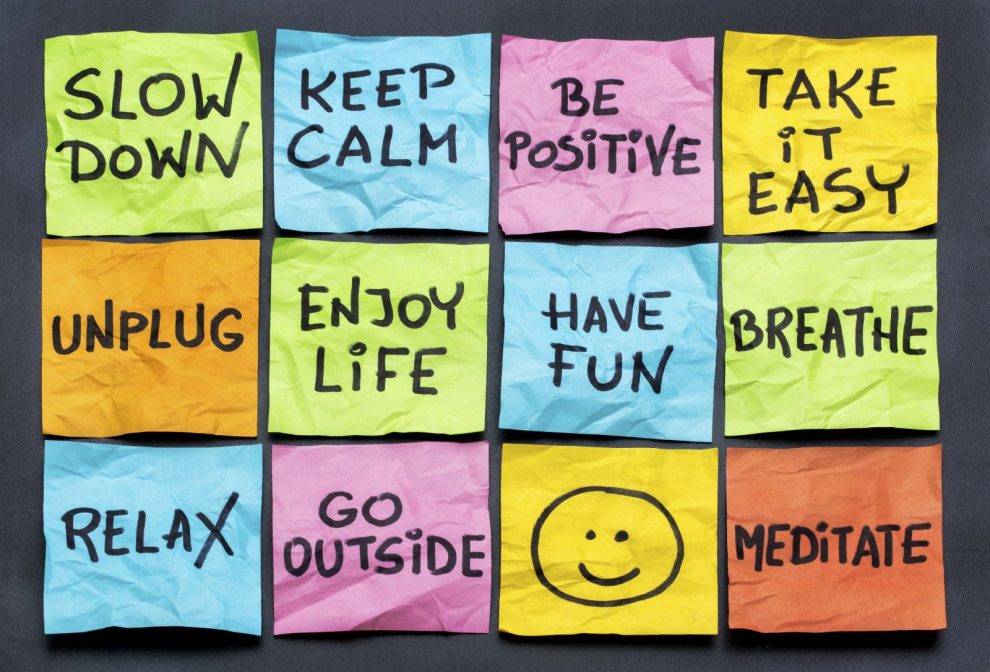During finals week, anxiety levels increase drastically amongst Blind Brook students. The month of June is filled with review sessions, tutors, study groups, practice tests, a lot of last-minute cramming and little time to relax. This seemingly never-ending tunnel of work can be difficult for many students to get through. Luckily, the burden of finals week can be somewhat alleviated through various stress-reducing techniques that enhance alertness and focus while reducing overall anxiety levels.
While studying, it is important to take breaks and pace yourself in order maximize the efficiency of your study time. Studies show that studying for long periods of time without breaks actually reduces your ability to retain information and makes study time relatively ineffective. The Massachusetts Institute of Technology suggests studying in time blocks of fifty minutes with ten minute breaks in between in order to reduce stress and boost focus. “Our minds need an occasional rest in order to stay alert and productive, and you can look forward to a reward as you study” (ACADEX: MIT center for Academic Excellence).
Junior Allison Gelfarb combats the anxiety of finals week by taking frequent breaks and clearing her mind before delving back into her studies. “The most stressful part of finals week is that the finals are all in a row and therefore there is not a lot of time to relax, making me feel bombarded. I think that it is very important to take breaks while studying by either taking a walk, chatting on the phone, or doing my nails,” said Gelfarb.
During breaks, it is important to engage in an enjoyable activity that will reset your mind and distance yourself from the laborious pursuit of studying. Many students enjoy playing video games, talking with friends, or watching the popular entertainment source Netflix.
Junior Petal Samrow watches Netflix during study breaks. For Samrow, Netflix is a “good way to allow [her] mind to rest. It refreshes [her] and lets [her] relax in between long and intense study sessions.”
Research has concluded that proper health also aids in coping with stress and increasing overall success during finals week. Firstly, a balanced diet with a healthy assortment of fruits and vegetables helps provide the energy necessary to study and retain information. Sleep is also incredibly important during finals week and in the weeks before exams. Sleep gives your brain time to process what you have learned throughout the day and helps you retain information for tests. It also gives your brain a much-needed rest after a long and stressful day of studying. According to the results of a study at Harvard Medical School, sleep “sorts and files, makes connections, and even solves problems.” Although seven to eight hours of sleep is ideal, five hours is the minimum amount of sleep required to be be functional and alert the next day.
Additionally, it has been extensively proven that exercise is key in reducing stress. Past studies have shown that exercising regularly, especially during stressful exams, works to improve concentration, increase energy, and reduce exhaustion and anxiety. Any low-stress activity as simple as taking a walk, riding your bike, or shooting hoops will greatly enhance your mental cognition and alleviate the mental strain of studying. Physical activity reduces stress by prompting a release of neurohormones, which counter the damage that stress does to your brain. Thus, exercise not only improves your physical condition, but also reverses the negative effects that stress has on your brain, enhancing your cognitive abilities and maximizing the efficiency of your study time.
Another important study tip to reduce stress during finals week is to create a study schedule. Schedules help to create structure and order during a chaotic and busy week. Organization is key to increasing productivity during study-time. By creating a study schedule and sticking to it, students can increase their efficiency and thus reduce anxiety surrounding their studies.
Samrow takes advantage of the study schedule method when preparing for final exams. “Finals week is a very stressful time of the year and I try to plan out my study schedule well in advance so that during finals week, I do not feel overwhelmed with an insane amount of work. By doing a little by little leading up to my final exams, I feel as though everything is under control, which greatly reduces my stress,” said Samrow.






